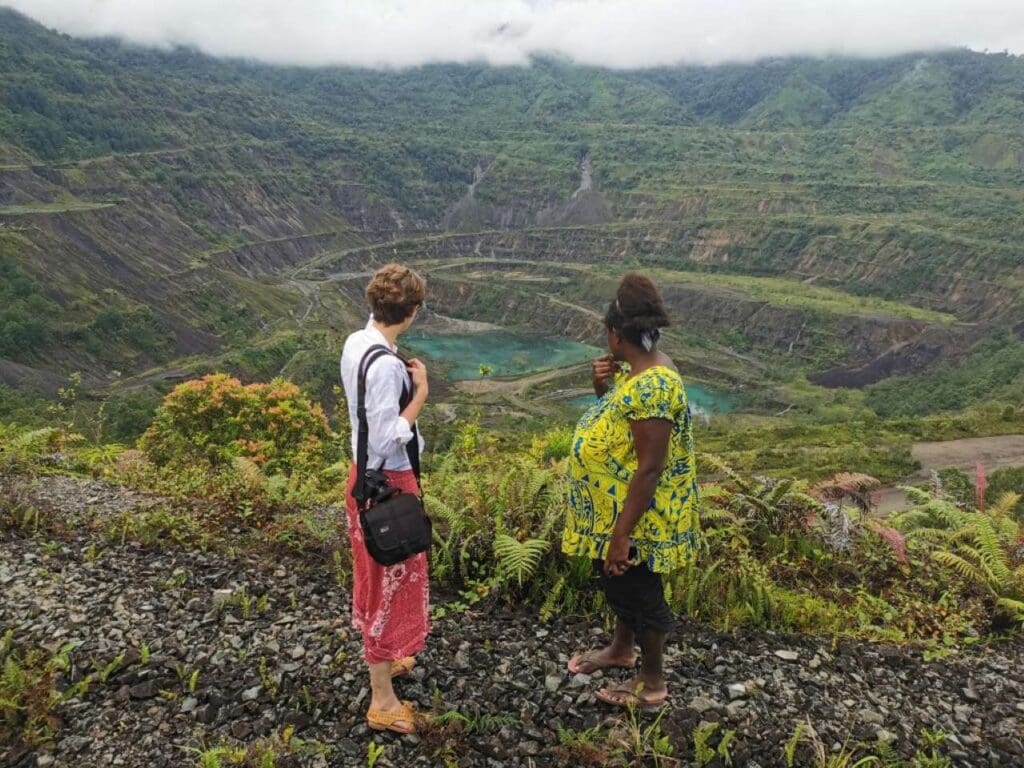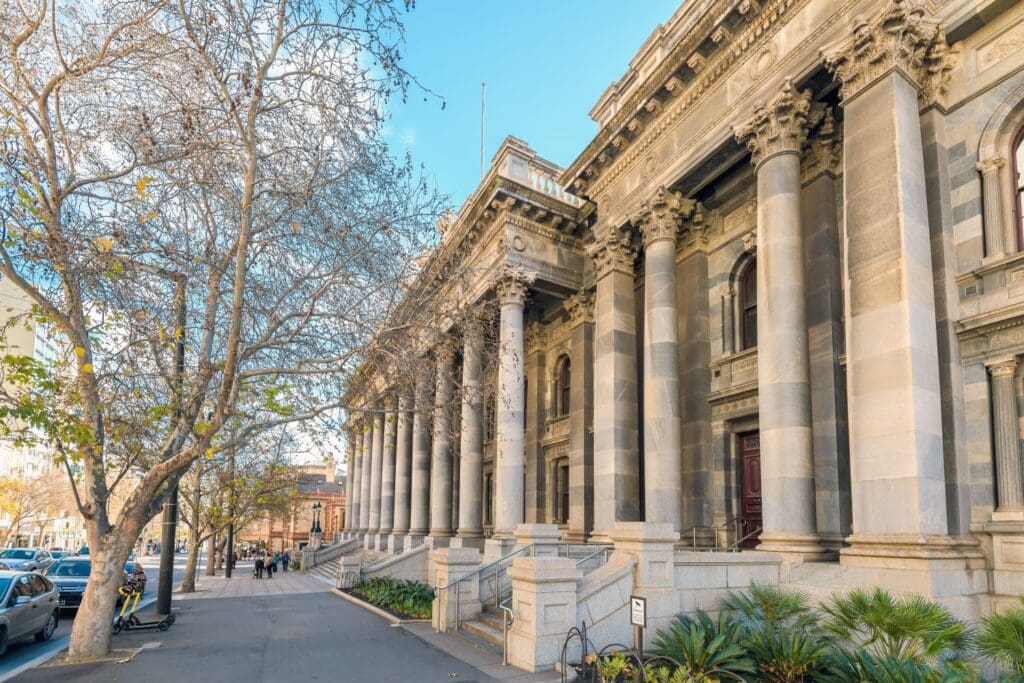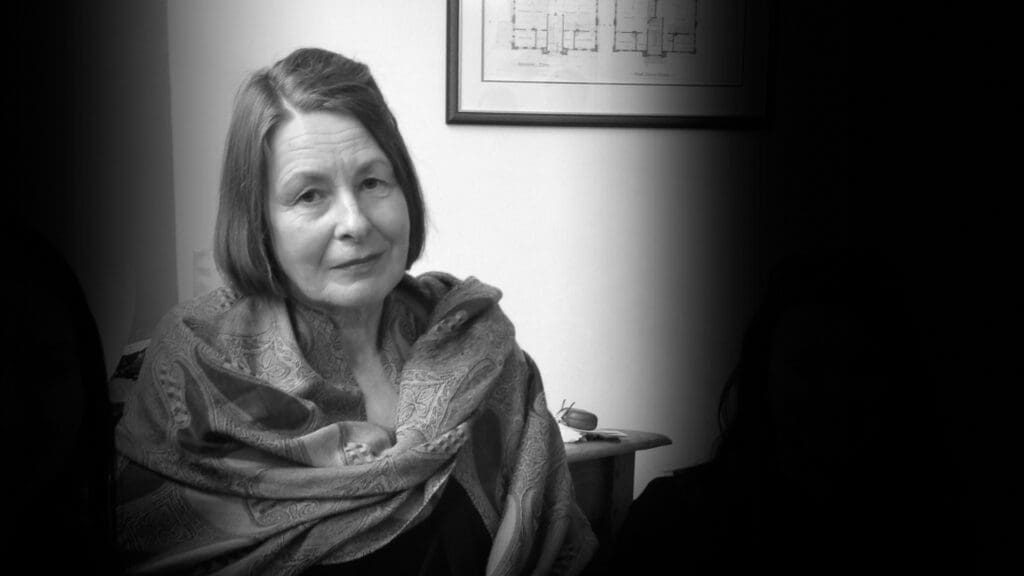Case challenging age pension discrimination for Aboriginal and Torres Strait Islander people heads to Full Federal Court
The Federal Court has ordered that a case against the Federal Government, seeking fair and equal access to the age pension for Aboriginal and Torres Strait Islander people, will be heard by the Full Court of the Federal Court later this year to determine important questions of law.
Proud Wakka Wakka man Uncle Dennis* brought the case that will require the Federal Government to face court for the first time in connection with its failure to close the gap in life expectancy between Aboriginal and Torres Strait Islander people and non-Indigenous people in Australia. Dennis is bringing this case with the Victorian Aboriginal Legal Service and the Human Rights Law Centre, with support from DLA Piper.
The Full Court will consider whether Aboriginal and Torres Strait Islander people are being denied equal access to the age pension due to lower average life expectancy, and whether the pension age for Aboriginal and Torres Strait Islander people should be lowered.
The Full Court will consider facts agreed between the parties, including that social, economic and health inequalities experienced by Aboriginal and Torres Strait Islander people as a result of the ongoing impacts of colonisation directly contribute to the gap in life expectancy today.
The case is expected to be heard in late 2022. However, it remains open to the new Albanese government to take the initiative to address age pension inequality out of court, by making simple changes to the eligibility age for Aboriginal and Torres Strait Islander people.
Proud Wakka Wakka man Dennis said:
“As an Aboriginal man, I’ve seen too many of my people dying at a very early age. We are lucky to get to 50 years old.
“White people are living longer because they haven’t lost what we have lost. So many things that Aboriginal people are suffering from today, are because of how we have been treated since colonisation.
“It’s only fair for the pension age to be lowered. The pension is an important part of caring for and looking after our people when they can’t work anymore.
“But this isn’t just about money. Things will never get better unless we acknowledge something is wrong. Truth and accountability are important. This case is about telling the truth, and asking the government to work together with us, to give our people the same chance in life as everyone else.”
Nerita Waight, CEO at the Victorian Aboriginal Legal Service said:
“Unequal access to the age pension is a clear example of the way that systemic racism has impacted and continues to impacts our people. The gap in life expectancy is a direct result of decades of racist colonial policies. The Government must address this form of racism by lowering the age for Aboriginal and/or Torres Strait Islander people to access the age pension.
“Ensuring our Elders have the necessary support to lead a dignified life is a critical opportunity for the new Albanese Government. Equity in access to the age pension for our communities will have an immediate impact and result in concrete action to close the gap, by ensuring people can retire in dignity and afford essentials such as housing, food and healthcare.
“Until we have the same life expectancy as everyone else in Australia, changes to enable equivalent access to the age pension need to be made, to account for this heartbreaking discrepancy. Our clients, and our community, should not be denied a retirement which enables them to properly care for themselves and their families, as Governments work to close the gap.”
Nick Espie, Legal Director at the Human Rights Law Centre said:
“We should all look forward to a future in which we can age and retire with dignity. But because of the gap in life expectancy, our people are being denied equal access to this opportunity.
“It is a national shame that our people are still dying too young. I’ve been to far too many funerals for family that we have lost far too soon. While the Closing the Gap agreement provides hope, change takes time and it is clear that equality in life expectancy is still a way off. People who are at the end of their working lives don’t have time to wait another decade – they need proper support now.
“This is an important case and we are pleased that it will be considered by the Full Federal Court. But the Government knows the facts already, and it shouldn’t take a court order for our people to get equal rights. There is now an opportunity for the Albanese government to fix this inequity as a matter of priority.
“Aboriginal and Torres Strait Islander men and women of Dennis’ age have lived in the shadow of dispossession of country and culture, the Stolen Generations, experienced stolen wages, and have been excluded from full participation in society on our own country. This case is a chance to address the long-term hardship and disadvantage that comes from years of policies and laws that have worked against us instead of for us.
“Until we have equality in life expectancy, Aboriginal and Torres Strait Islander people should be able to access the pension earlier. This is just one way the Australian government can recognise the health impacts of generations of systemic discrimination and be accountable for the lack of progress towards closing the gap.”
*Dennis prefers that his surname not be published.
Orders made by the Federal Court can be found here.
Image: Royal Botanic Gardens
Media contact:
Michelle Bennett, Human Rights Law Centre, 0419 100 519, michelle.bennett@hrlc.org.au
Patrick Cook, Victorian Aboriginal Legal Service, 0417 003 910, pcook@vals.org.au
Media Enquiries
Chandi Bates
Media and Communications Manager

Rio Tinto to face scrutiny at AGM for response to Panguna mine disaster
As shareholders meet in Perth today for Rio Tinto’s AGM, communities living with the ongoing devastation from Rio Tinto’s former Panguna mine are calling for the company to urgently commit to funding long-term solutions.
Read more
Malinauskas Government must take historic opportunity and adopt Human Rights Act after inquiry recommendation
The Human Rights Law Centre has congratulated the South Australian parliamentary inquiry recommendation for a South Australian Human Rights Act.
Read more
Legal challenge filed against Tasmanian Parole Board’s decision to gag free speech
The Human Rights Law Centre has filed legal proceedings on behalf of Tasmanian grandmother, Susan Neill-Fraser, to challenge a restrictive parole condition placed on her by the Tasmanian Parole Board seeking to limit her ability to speak to the media.
Read more


